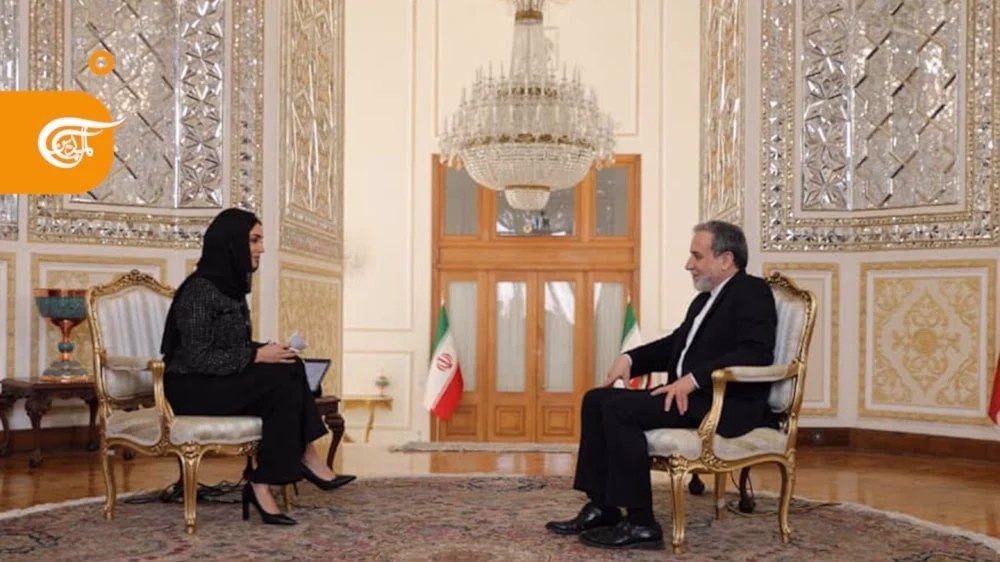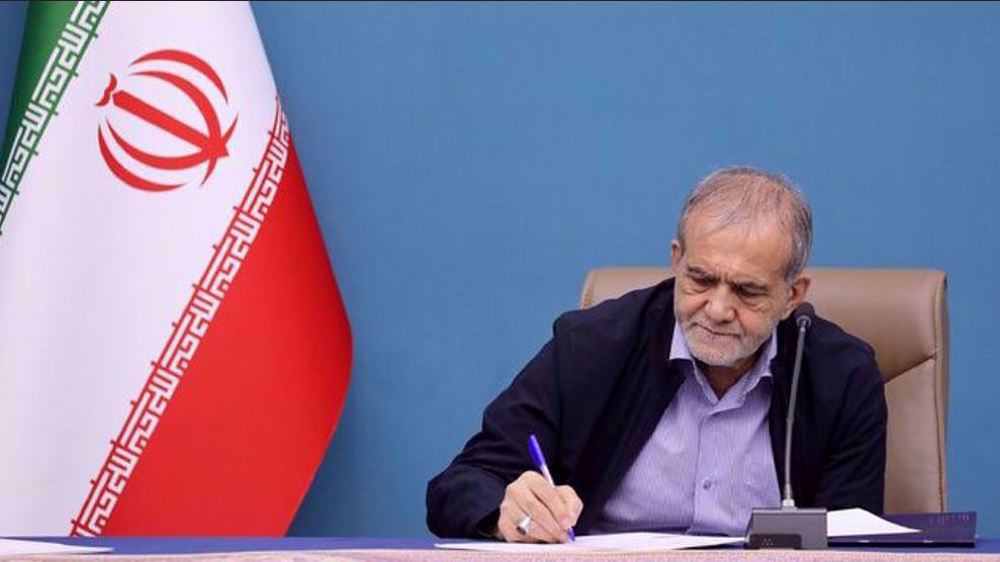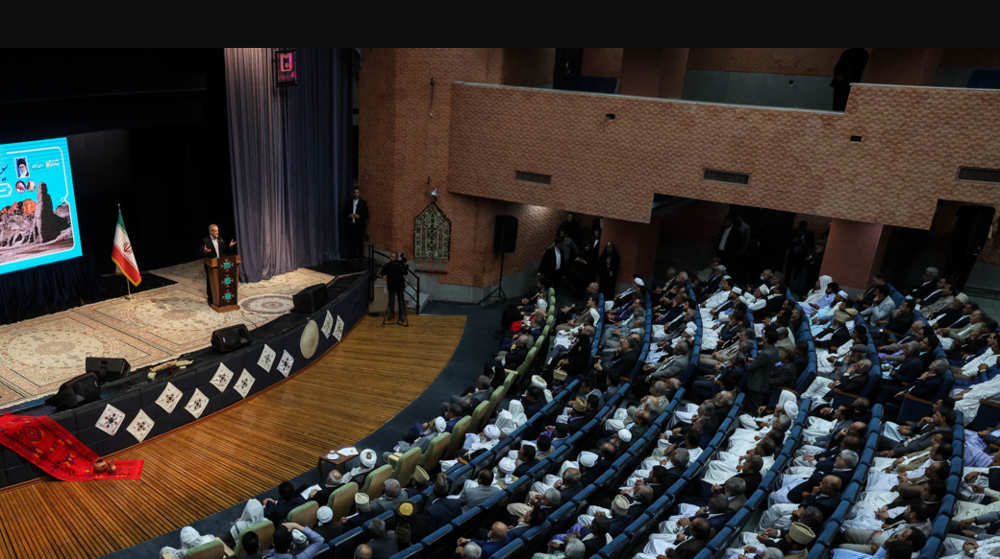Iran urges UN technical aid for Syria de-escalation zones
Iranian Deputy Foreign Minister for Arab and African Affairs Hossein Jabari Ansari has called for the United Nations’ technical aid for the establishment of de-escalation zones in Syria.
Jabari Ansari, who is in the Kazakh capital city, Astana, to attend a new round of peace talks on the Syrian crisis, held talks with UN special envoy on Syria Staffan de Mistura on Tuesday.
He said the UN must assist the intra-Syrian talks for the national reconciliation process to start.
Astana hosts the fifth round of talks between the Syrian government and opposition, with Iran, Russia, and Turkey as mediators.
In the last round of Astana talks in May, Iran, Russia and Turkey agreed on the creation of four de-escalation zones in Syria.
De Mistura, for his part, said the UN supported joint efforts by Iran, Russia and Turkey within the framework of the Astana talks on Syria and called on the Islamic Republic to help the UN-brokered Syria peace talks in Geneva.
Six rounds of the Syrian peace talks have been held in the Swiss city of Geneva under the auspices of the United Nations as part of efforts to facilitate a political resolution for the deadly conflict in the Arab country.
Jaberi Ansari and De Mistura also discussed the intra-Syrian talks, the establishment of a permanent ceasefire and peace, and an end to violence in the Arab country.
They also stressed the importance of paying attention to the needs of the Syrian people.
Also on Tuesday, Jaberi Ansari held discussions with Russia's special envoy on Syria, Alexander Lavrentiev, about the Astana peace talks and the latest political developments in Syria, particularly in the four de-escalation zones.
At Damascus’ request, Iran has been providing military advisory support to the Syrian military in its counterterrorism operations.
Russia has been also carrying out an aerial campaign in Syria in coordination with Damascus since September 2015 to further boost the Syrian military’s anti-terror fight.
Meanwhile, the US-led coalition has been conducting airstrikes against what it claims to be Daesh targets inside Syria since September 2014, but without any authorization from the Damascus government or a United Nations mandate.
The military alliance has repeatedly been accused of targeting and killing civilians. It has also been largely incapable of fulfilling its declared aim of destroying Daesh.
The so-called Syrian Observatory for Human Rights said last month that 472 civilians had been killed in the period between May 23 and June 23, describing the figure as the highest civilian death toll in US airstrikes since they began in September 2014.
VIDEO | Press TV's news headlines
Iran FM: Response to Israeli aggression 'inevitable'
VIDEO | Iran eases the rules for exporting hand-woven carpets
VIDEO | Intl. Day for the Elimination of Violence against Women: A stark reminder of Gaza women
Australia denies ex-Israeli minister Shaked visa
VIDEO | 85% of Yemeni displaced people face daily hunger crisis
US House passes bill targeting charities and pro-Palestine groups
VIDEO | Supporting Gaza genocide










 This makes it easy to access the Press TV website
This makes it easy to access the Press TV website